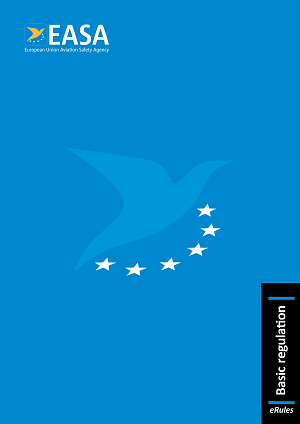Essential requirements for qualified entities
Regulation (EU) 2018/1139
1. The qualified entity, its Director and the staff responsible for carrying out the certification and oversight tasks, may not be involved, either directly or as authorised representatives, in the design, production, marketing or maintenance of the products, parts, non-installed equipment, constituents or systems or in their operations, service provision or use. This does not exclude the possibility of an exchange of technical information between the involved organisations and the qualified entity.
The first subparagraph shall not prevent an organisation created with the aim of promoting aerial sport or leisure aviation from being eligible for accreditation as a qualified entity, on condition that it demonstrates to the satisfaction of the accrediting authority that it has put in place adequate arrangements for the prevention of conflict of interest.
2. The qualified entity and the staff responsible for the certification and oversight tasks must carry out their duties with the greatest possible professional integrity and the greatest possible technical competence and must be free of any pressure and incentive of any type, in particular of a financial type, which could affect their judgement and decisions or the results of their certification and oversight tasks, in particular from persons or groups of persons affected by those results.
3. The qualified entity must employ staff and possess the means required to perform adequately the technical and administrative tasks linked with the certification and oversight process; it shall also have access to the equipment needed for exceptional checks.
4. The qualified entity and its staff responsible for investigation must have:
(a) sound technical and vocational training, or sufficient expertise gained through experience of relevant activities;
(b) satisfactory knowledge of the requirements of the certification and oversight tasks they carry out and adequate experience of such processes;
(c) the ability required to draw up statements, records and reports to demonstrate that the certification and oversight tasks have been carried out.
5. The impartiality of the staff responsible for certification and oversight tasks must be guaranteed. Their remuneration must not depend on the number of investigations carried out or on the results of such investigations.
6. The qualified entity must take out liability insurance unless its liability is assumed by one Member State in accordance with its national law.
7. The staff of the qualified entity must observe professional secrecy with regard to all information acquired in carrying out their tasks under this Regulation.
